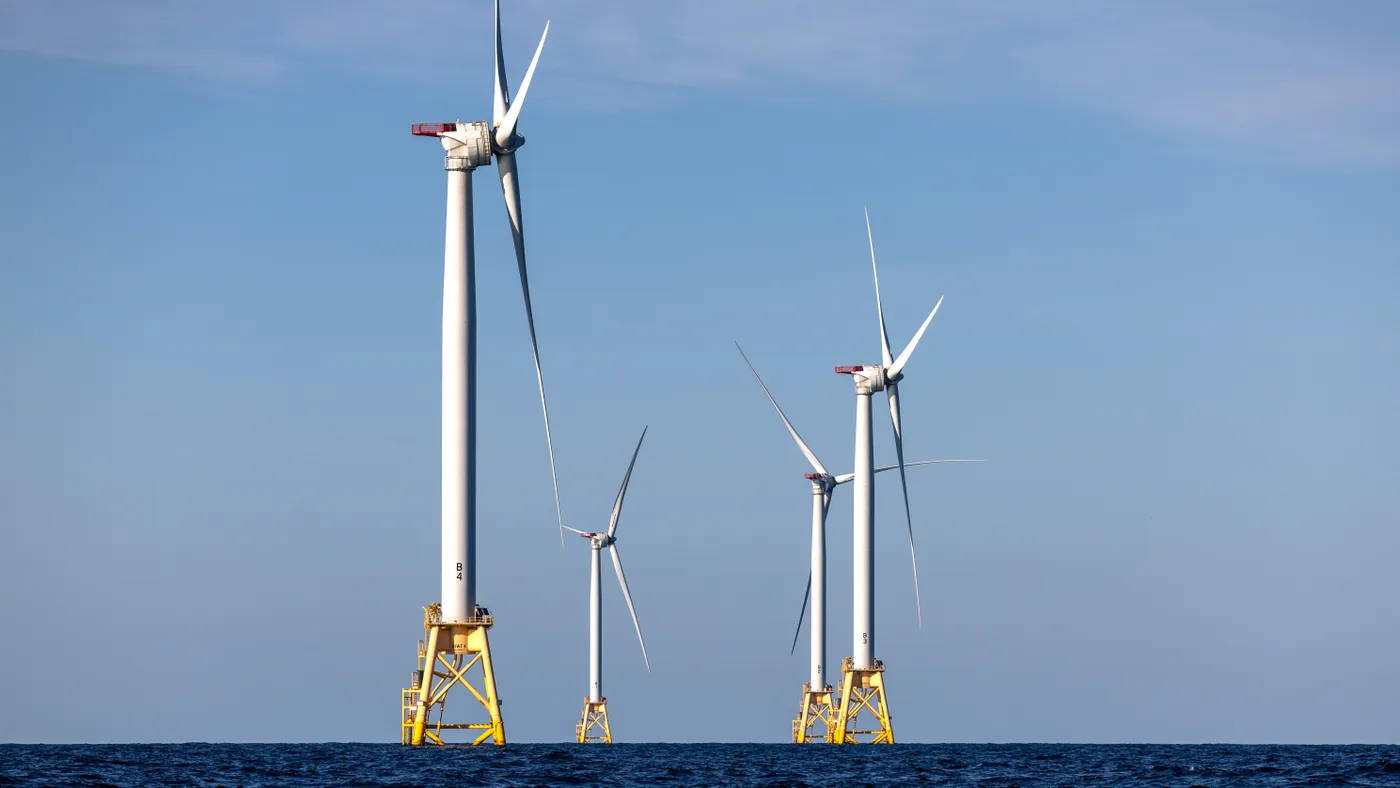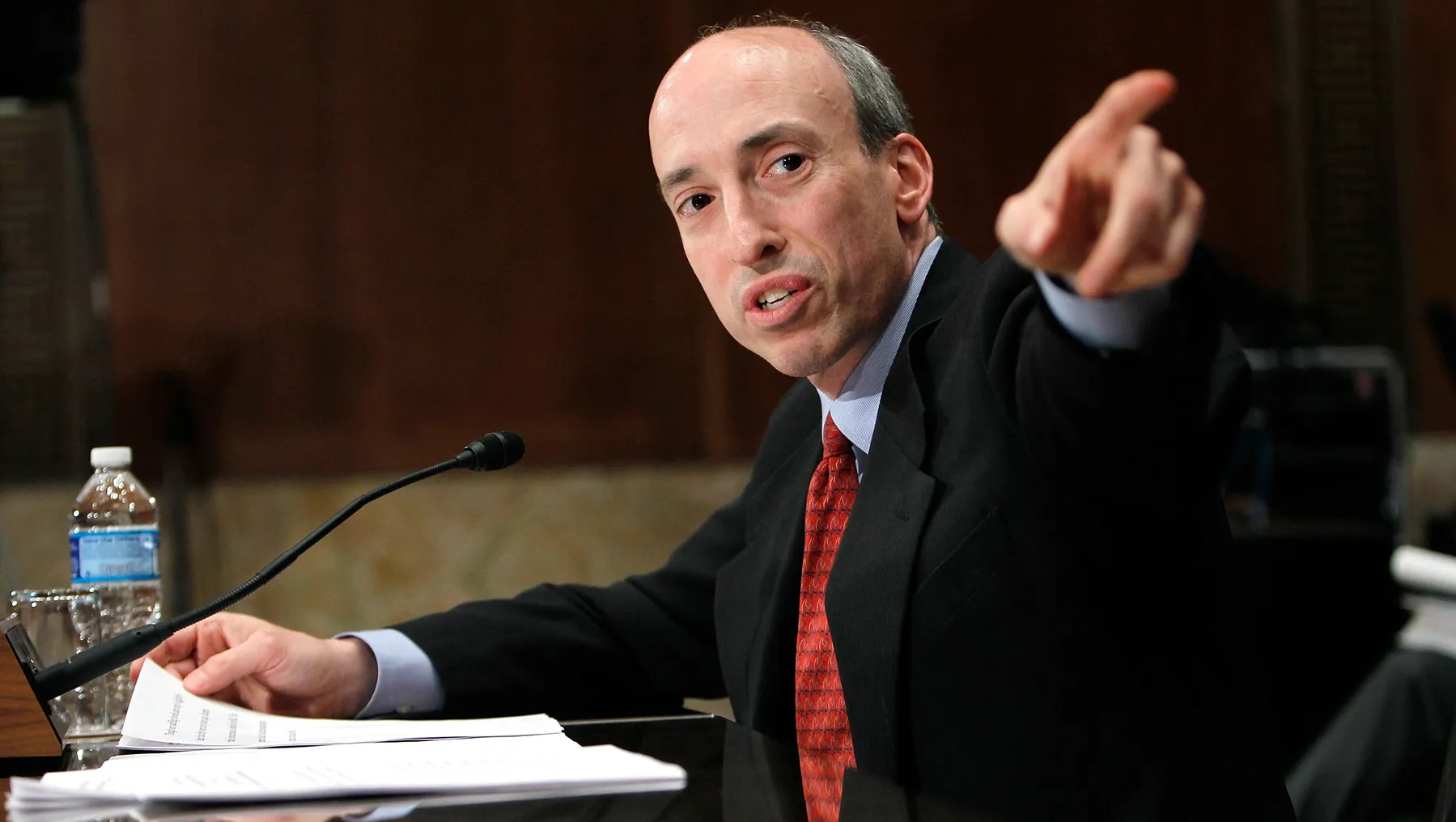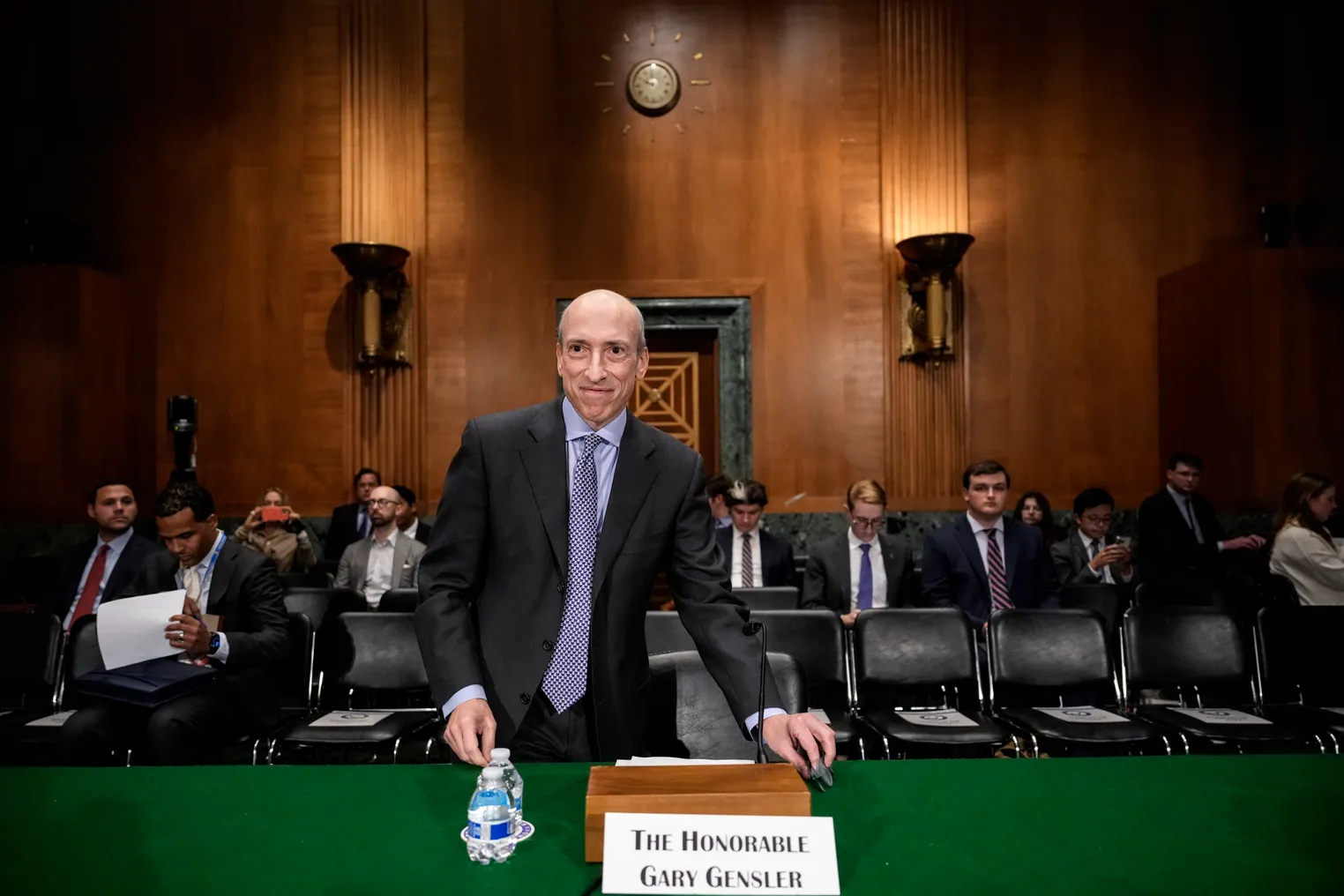
Rockefeller Foundation’s new CFO: Climate crisis is a ‘big motivator’
Veteran nonprofit finance leader Keith Olson is taking The Rockefeller Foundation’s finance reins this month — less than a year after the philanthropic powerhouse kicked off a new initiative to invest over $1 billion to address climate change.
Olson most recently served as CFO of the Council on Foreign Relations, a nonpartisan foreign-policy think tank that publishes Foreign Affairs magazine, according to his LinkedIn profile. Prior to that he spent seven years at the Bill & Melinda Gates Foundation, where he was director of financial planning and analysis and also served as interim CFO. He also has experience in the corporate world at such companies as KPMG, Citibank and Prudential Capital Group.
Before starting at the 111-year-old Rockfeller Foundation, Olson recently spoke with CFO Dive about his career, the CFO role and climate change. He cited several reasons for his decision to join RF, including his earlier ties to and long-held respect for the foundation, as well as the pull of its new climate initiative.
“One of the things CFR does is look at...what the defining challenges of the next generation [are going to be]. I think anybody would say that the climate crisis is a big part of that,” Olson said in the interview. “It’s definitely a big motivator to feel like someone like me — even in more of an administrative back-office function — can contribute to something like that.”
Editor’s note: The following interview has been edited for clarity and brevity.
CFO Dive: What role do you expect to play as CFO, especially in relation to the climate initiative?
Keith Olson: I’ve always been a team player and I’ll take on whatever challenge the institution needs me to do. From the sort of big picture classical function, I think of the CFO role as being three things. One, institutionally there is a sort of this operational finance piece that needs to be flawless. You need to have great compliance, you need to have all the audit task compliance functions in order and operating efficiency. Second, you need to have analytic capabilities and the ability to see longer-term. Then third, I always think about things in terms of the partnership model. It’s my job to facilitate the strategic desires of the institution and figure out the best ways to meet those needs.

CFO Dive: Have you been hired with a specific directive in mind?
Keith Olson: I’m coming to an institution that’s already in a really strong place. The financial footing is there. The existing team, I’ve had a chance to meet them, and I’m really impressed. I think I’m coming in to just try and facilitate more of this partnership model. I know institutionally there’s a focus on partnership and bringing others into the mission. The resources that it’ll take to tackle an issue as broad as climate — even with a $1 billion investment from Rockefeller — it’s probably going to require more.
CFO Dive: You talked about facilitating the partnership model. As CFO what partners do you see yourself working with?
Keith Olson: Sometimes at foundations you’ve got to manage in two directions. When you make a new grant in a given year you’re also spending future year dollars, but then you’re also managing toward a budget in a given year. My goal is to help people think through that. And in some instances, you may have people that are very adept at this right away who may not need much partnership from somebody like me, but you have some other folks where I might be able to leverage their time by being available as a resource. It’s our job as a finance team to leverage people’s time, be efficient in our required budget process so the program team can be focused on the mission and minimize the time that some of the internal stuff takes.
CFO Dive: Was there any ‘aha’ moment at Gates that has shaped your views as you’ve gone forward?
Keith Olson: I was leading the FP&A team and when I joined I was the third person. We built that team out to 24 or 25 folks. A seminal moment would probably be I got to work on the team that helped structure the receipt of the [Warren] Buffett gift. That entailed making sure we had budget processes at scale, reporting processes at scale and systems that gave people the information they needed. I always feel privileged to have been part of that.
CFO Dive: Are you optimistic about the propsects for solving the climate crisis?
Keith Olson: I should lead with the fact that I’m not a climate expert and there’s much smarter people to answer that question than me. The issue is this is the only planet we have and so if you don’t solve it what happens? We’re all going to have grandchildren and what are we going to leave for them? The shame of it would be not trying to do anything about it.








